Are you working toward your goals for the year, but find yourself getting bored or distracted? Whether you want to finally write that novel, remodel your kitchen, or lose a few pounds, it can be tough to stay on track. Learn how to stay focused on your goals.
Like Tim Ferriss, author of The 4-Hour Work Week, I’m the kind of person who likes to go “all in” for 3-to-6 month life experiments. Capitulated by job loss, I wrote and published 3 nonfiction books, built a website, started blogging, and networked with other authors in a span of 6 months.
And I had a blast doing it. Those 6 months were a memorable time in my life. While I felt accomplished for achieving my goals, it wasn’t just about reaching a final destination, but also the process along the way–learning new skills, discovering new concepts, and connecting with others.
I learned a lot about myself during that time–much more than I could have realized while I was busy tackling those goals.
Ben Hardy writes about making time seemingly slow down by taking big leaps in his book, Slipstream Time Hacking: How to Cheat Time, Live More, and Enhance Happiness. Have you ever started a new project or set about accomplishing a goal where you had so much fun, you were “in the zone?” Did time seem to slow down for you?
What you experienced is the sensation of flow. Flow is when you become fully immersed in an activity such that your mental focus is singular and you experience full involvement in that task. Named by Mihaly Csikszentmihalyi, flow is an experience of “harnessing the emotions in the service of performing and learning.”
I experienced flow when I wrote my books in 2015. Admittedly, I’ve felt lost the last few weeks because I’m in-between goals. Truth be told, I’m searching for my next “experiment.” I made a start at writing my first fiction book, but got distracted and am now taking steps to get back on track with my goal.
If you’re having trouble staying on track with your goals, I offer up 3 questions that can help guide you. They have helped me gain more focus.
What does the end of your journey look like?
Begin with the end in mind. -Stephen Covey

freeimages.com/photographer/mammagamma-52763
As a project manager, I work with teams to plan projects based on a vision of what the end state goal is. Sometimes the objective is to deliver a new system that will make employee’s lives easier. Other times, I might be helping to fix an issue so that people can get paid correctly. Whatever the project, I always know what the end result should be. Otherwise, why do it in the first place?
What does your end state look like? If your goal is to lose weight, what does that mean exactly? Your goal should be specific and measurable (e.g., lose 10 pounds). Studies show that people are likelier to hit their goals when there is accountability. Consider signing up for a race starting with something small like a 5K. By following a training plan, monitoring your nutrition, and envisioning yourself crossing the finish line–you’re far more likely to achieve success. Even better if you can find a buddy or a training group.
Consider whether the goal you set for yourself is one that brings you joy, or will give you a sense of accomplishment. Do you have a dream that you want to fulfill? In 2015, mine was writing a book. For a long time, the idea of writing was bouncing around in my head, but it took concentrated effort to finally accomplish my goal.
I knew what the outcome would be. A finished book was concrete proof of my goal. What is your finished outcome and why do you want it so bad? Want to run a marathon? Why? You know there will be pain, and some days you will hate getting up to run in the morning. But what will you have if you persevere? Write down not only what you expect to achieve–running 26.2 miles–but also what that experience will be. What will that day be like? Will your friends cheer from the sidelines? If you’re running for charity, how will the organization benefit? Where will you hang your medal?
By visualizing your end state, you get an idea of what success will look like, and that can be a powerful motivator to keep you on track.
What will you learn while you work towards your goal?

freeimages.com/photographer/ask-29459
Inevitably, there’s that dreaded word: work. It’s hard to get away from, and that’s because most goals that bring significant change to our lives–that help us grow–require hard work.
As I learned about writing, publishing, and marketing books, I worked harder and longer hours than I did in my day job. Even so, I wouldn’t trade the experience. Sure, I could have spent my time in other ways–decluttered my house, traveled, gone back to school, or tackled any number of other projects, but fulfilling my dream of learning to become a writer was the most rewarding to me.
Through the experience, I learned about concepts of writing, entrepreneurship, and marketing that I can apply to anything I choose to do in the future. As I search for my next career opportunity, the company that hires me will be better off having me as an employee due to the experience I gained.
Writer James Clear talks about the concept that success is not an event, but a process. He provides the example that many people see health or other accomplishments as an event: “If I could just lose 10 pounds, then I’ll be in shape.” As a first-time author, it was tempting to put my first book out there and move onto the next project in my life. But by immersing myself in the day-to-day aspects of writing, including the tedious parts, I came to enjoy the process itself, not just the end result. I wanted more. I wanted to experience what being a writer was like, and so I pushed myself to achieve more.
Clear’s point is this: “if you look at the people who are consistently achieving their goals, you start to realize that it’s not the events or the results that make them different. It’s their commitment to the process. They fall in love with the daily practice, not the individual event.”
As you work on your current goals, what do you expect to learn? How can you apply your learning to other areas of your life such as your job or personal life?
What daily action can you take to move you toward your goal? Track it.
I’m a big believer that significant change doesn’t happen overnight. Small actions over time add up to big change.
That said, sometimes unplanned events in our lives will necessitate a drastic course correction. Job loss, death of a loved one, or a new relationship are examples. But for most of us, most of the time, we’re moving along in our lives without giving much thought to what’s different from one day to the next.
When you start to inject your days with a small amount of the goal you’re striving toward–even a small amount–that’s when you start to experience change. You may not notice any real change at first, and it may be hard to stick with it, but over time the changes will start to take hold and become habits.
One of the key small actions that helped me write several books in a few months was to write every day for at least 1 hour. Some days I was barely able to manage any words at all, other days I got into a groove and wrote 1,500 words. On a really good day, I would keep going and write longer. The key is to track it–figure out your daily action–and write it down every day so you see your progress.
A good way to do this is to keep a calendar and write down your progress each day, or write it down as an entry in your journal. Don’t beat yourself up if you miss a few days here and there. And don’t think you have to make up for lost days by doubling up. In my experience, that’s the kind of thinking that can lead to overwhelm and trigger you to abandon your efforts entirely.
You’re not after perfection–there is no perfect plan. We’re all unique and motivated in different ways. The important thing for staying on track is to stay positive and realize that failure is okay. When you make your best effort–regardless of the outcome–you’ll be better off for what you learn about yourself.



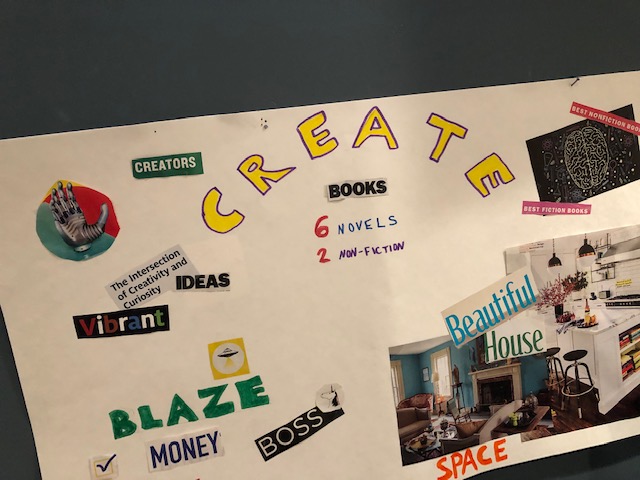
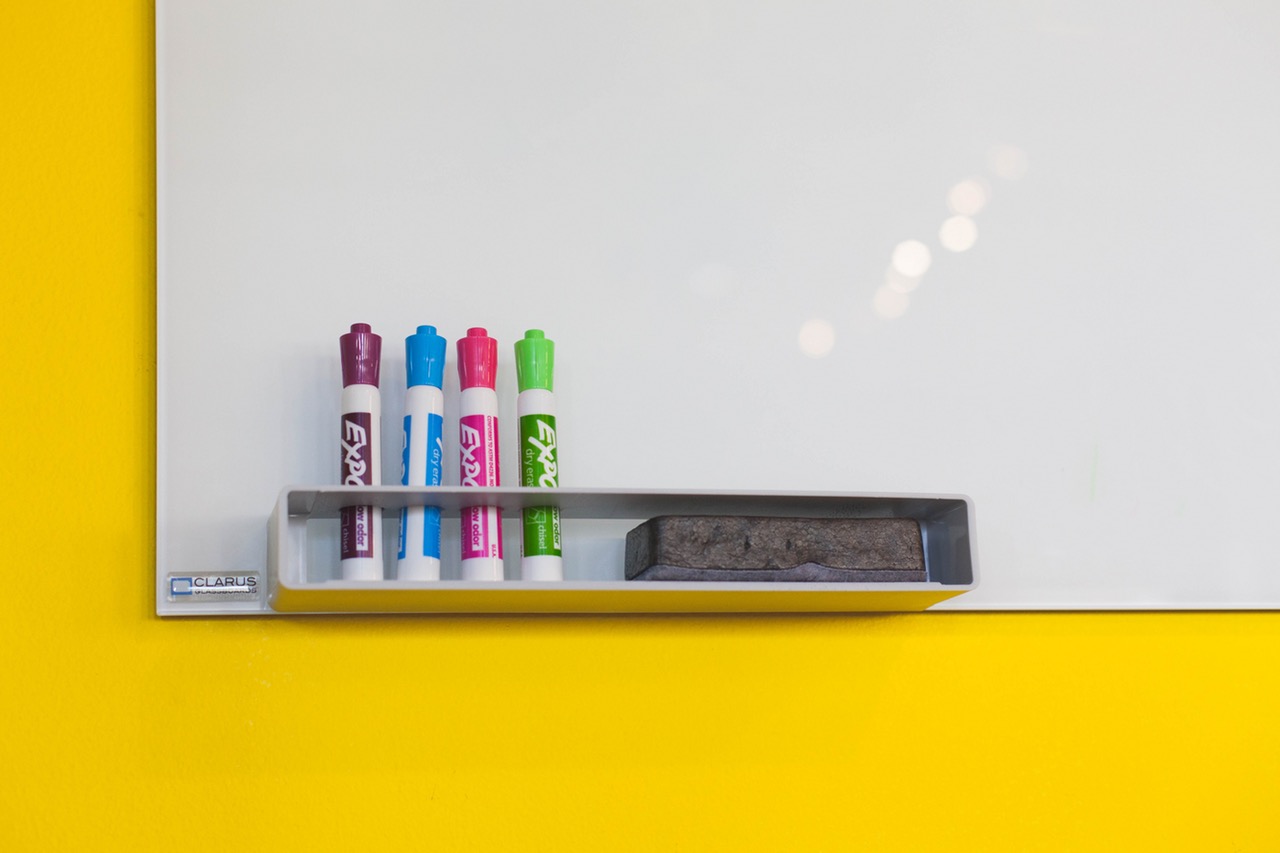
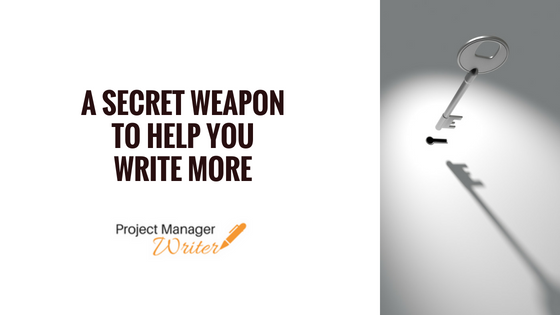
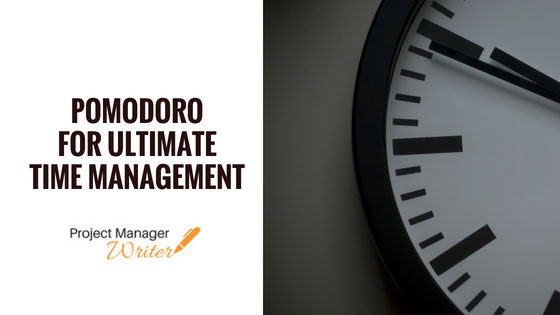
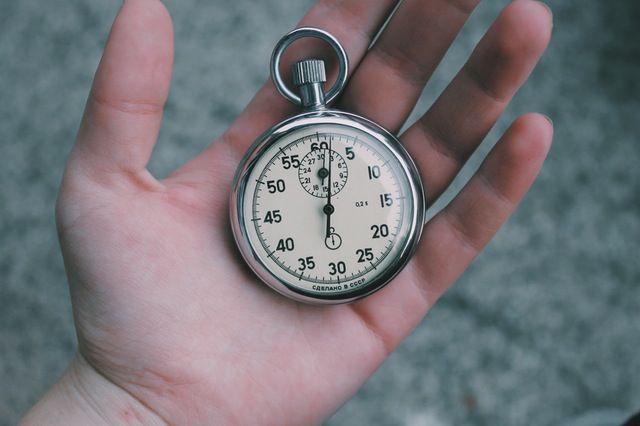
Leave A Comment